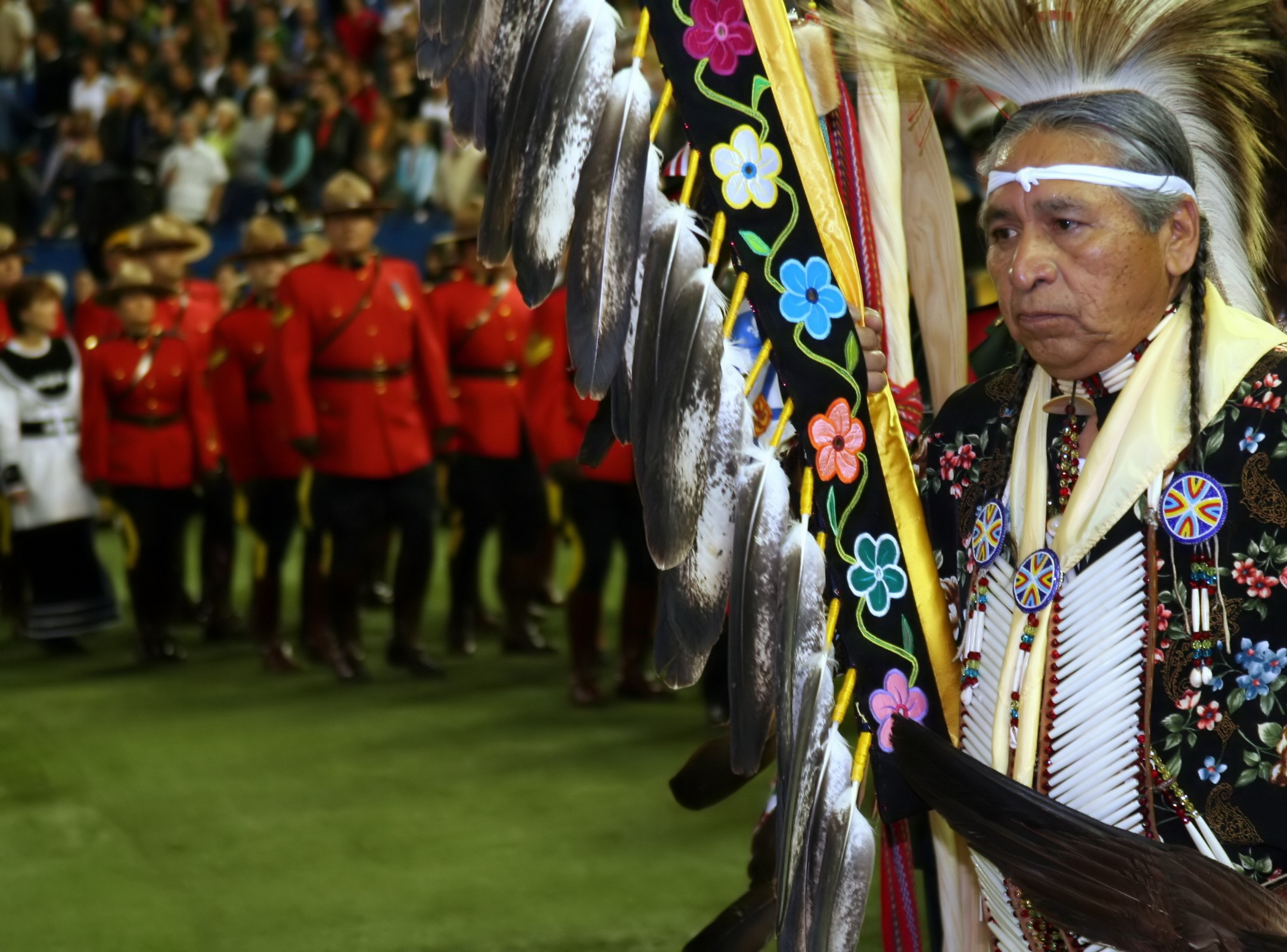In this era of truth and reconciliation, what are the principles of engagement when working with First Nations, Inuit and Métis governments and communities?
Engagement in this context must be more than outreach; more even than a superb one-off collaboration. It is about systemically learning to work together differently in all things. It requires investing in meaningful relationships with the same concern we have for good relations with other governments in Canada or partner countries around the world.
Building new relationships is a strategic, multi-year priority for the Institute of Public Administration of Canada (IPAC), Canada’s leading association of public service professionals devoted to public service excellence. Our foundation is the relationship principles set out by the Royal Commission on Aboriginal Peoples in 1996: recognition, respect, responsibility and sharing. We are also working to fulfil the Truth and Reconciliation’s Commission’s call to action for the education of public servants by providing a range of opportunities for federal, provincial and municipal members to meet with administrators and leaders of Indigenous governments and organizations to discuss shared challenges and opportunities.
Throughout 2017, IPAC is hosting a series of regional and national dialogues to learn from each other and to establish new networks and working relationships. To date, 26 different events have attracted more than 3000 public servants working at every level of government across Canada. They have produced essential insights on a range of shared policy and administration challenges and opportunities – from child welfare to justice, to municipal-First Nation relationships, to economic development.
Meaningful relationships for better results
Not surprisingly, a common theme at every event is how to improve the relationship for better outcomes for Indigenous citizens, in ways that support the capacity of Indigenous governments and organizations to achieve their own priorities.
If the spirit of reconciliation is present, policy and other proposals are informed by Indigenous peoples themselves and ideally, developed in collaboration and decided jointly.
Accordingly, engagement planning shouldn’t start with your program priority or policy imperative. It starts with learning, and listening openly to the experiences and views of people affected by government decisions, and being ready to try new ideas and ways of doing things.
You will get off on the right foot if you respect that Inuit, First Nations and Metis peoples likely already have a good understanding of what is going to work best in their own communities, and you are willing to figure out how your program or policy can help support that.
Indigenous governments and organizations want meaningful rather than transactional relationships with their counterparts. So another important part of your engagement plan must be what you will do to earn – rather than assume or demand – the trust of your partners. If you only show up when you need something, don’t keep promises, and don’t reciprocate interest and sharing, trusting relationships will not develop.
Here are a few additional suggestions from Indigenous partners that will help you and your teams better engage with them.
Advance personal preparation: You wouldn’t show up on a diplomatic assignment in another country without learning as much as you can about the people, language, culture, politics and economics of the region and your government’s past and ongoing interactions there. Apply the same professionalism to working with Indigenous peoples. Most communities will generously share information, but don’t expect them to do your homework for you.
Respect: See above. It also includes respecting your counterparts’ professionalism, expertise and time. Depending on where you are, there may be spiritual or cultural protocols to respect, including the ways by which the community reaches decisions.
Humility: You may not be the most important thing they have to deal with today or even this month. You’re not the first government official needing their attention, and you won’t be the last. Importantly, don’t assume you have the answers to the challenges and don’t go in with a solution to “sell”. Listen with an open mind and heart. Come prepared to learn from others who will provide different and unique perspectives and experiences.
Support and Creativity: While you may have your own important reasons for engaging, it’s essential to think about reciprocity – what will you contribute to the relationship? This isn’t necessarily or always about money. Finding creative policy solutions to local priorities, being willing to experiment, helping make other connections within government – these are among the many possible ways to bring value to the relationship.
Honesty: Lastly, infuse your intentions and actions with honesty. Don’t shy away from being frank about your limitations and constraints, and keep your promises.
Ultimately, successful engagement is not about the “win” or the deliverable. Done well, your engagement will contribute to building long and lasting relationships, better outcomes and a better future for Canada.

